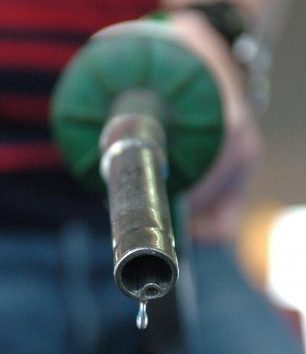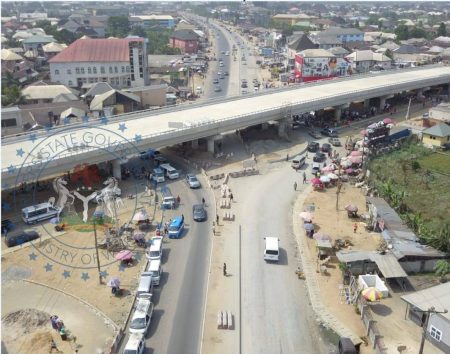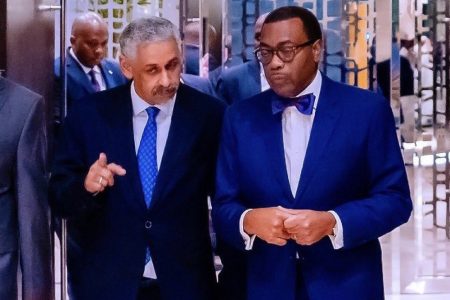
Ike Amos
Abuja — The Nigerian National Petroleum Corporation (NNPC) said it paid N551.22 billion as subsidy, otherwise called under-recovery, for Premium Motor Spirit (PMS) also known as petrol, in 2019.
However, the amount incurred for under-recovery in 2019 represented a decline of 24.58 per cent when compared to the amount incurred in 2018.
In its Monthly Financial and Operations Report for December 2019, the NNPC also revealed that it received N1.469 trillion as payments for domestic crude oil sales, while it remitted N664.147 billion to the Federation Account in 2019.
Giving a breakdown of the amount paid as subsidy in 2019, the NNPC stated in January, February, March, April, May and June, N40.53 billion, N2.876 billion, N13.34 billion, N104.35 billion, N102.34 billion and N30.64 billion were recorded as subsidy respectively; while in July, August, September, October, November and December 2019, under-recovery of N93.69 billion, N42.93 billion, N31.41 billion, N29.31 billion, N33.19 billion and N26.63 billion were recorded respectively.
The amount incurred by the NNPC on under-recovery represented 37.5 per cent of the N1.469 trillion earned from domestic crude oil sales; while the under recovery also represented 83 per cent of the N664.147 billion transferred by the NNPC to the Federation Account.
However, it what appears to as a discrepancy, Senior Special Assistant to the President on Niger Delta Affairs, Senator Ita Enang, had in April 2020, disclosed that the Federal Government spent N1.5 trillion to subsidise petrol in 2019.
Enang, who disclosed this in a communiqué issued after a consultative meeting between a Federal Government team led by the Office of the Senior Special Assistant to the President on Niger Delta Affairs and the Association of Artisanal Local Refineries Operators in Nigeria, stated that that the amount incurred as subsidy was as a result of the fact that the commodity was imported at points where the landing cost were higher than the regulated price of the commodity in Nigeria.
NNPC targets N1.3 trillion remittance to govt by December 2020
He also warned that with the current crash in the prices of crude oil in the international market, the Federal Government would be faced with dwindling revenue from crude oil sales and other barter arrangements, which would make it impossible for the country to sustain the subsidy regime.
He said, “Whereas the price of crude oil has drastically dropped to the twenties dollar per barrel, there will be great cost differentials if we still ship very cheap crude abroad, pay export shipping cost and incidentals, get them refined abroad and ship back to Nigeria, paying another shipping and landing, agencies and incidental cost, including fuel subsidy.
“Whereas with the crashed cheap price of crude oil, Nigeria will not have enough revenue from crude sales or any batter arrangement to sustain the subsidy regime currently operating.
“Whereas the import of refined petroleum products, indeed PMS in particular has more cost element of marine transportation, Nigeria Ports Authority, NPA, charge for export/import handling, Nigeria Maritime Administration and Safety Agency, NIMASA, charges, and indeed other charges relating to in and maritime transportation.”
However, Group Managing Director of the NNPC, Mallam Mele Kyari, had also in April, hinted of a possible deregulation of the Nigerian downstream petroleum sector, stating that the Federal Government has eliminated subsidy and under recovery in the industry.
“There is no subsidy and it is zero forever. Going forward, there would be no resort to either subsidy or under recovery of any nature.
NNPC will play in the marketplace; it will just be another marketer in the space. But we will be there for the country to sustain security of supply at market price,” Kyari had stated.



